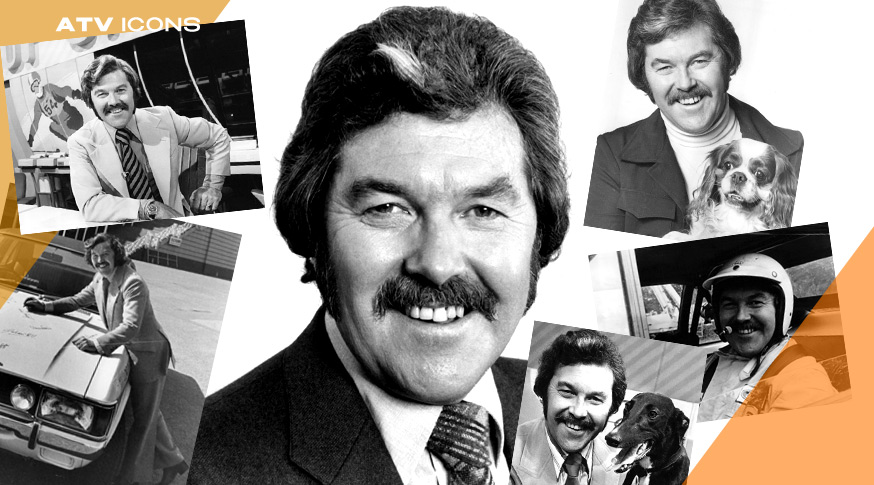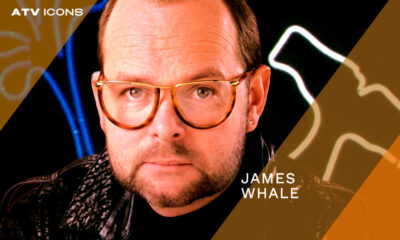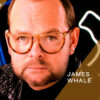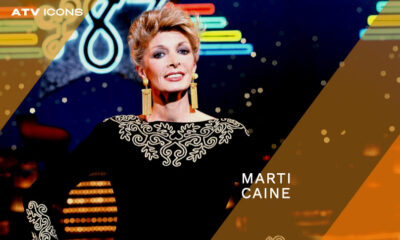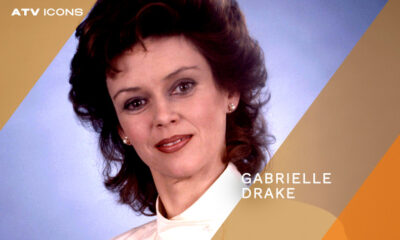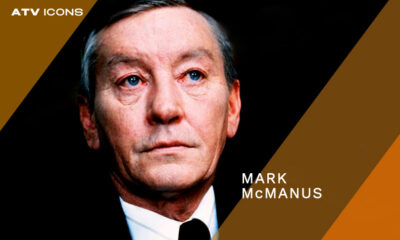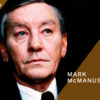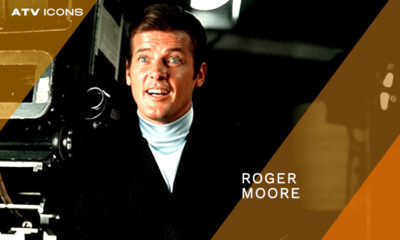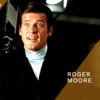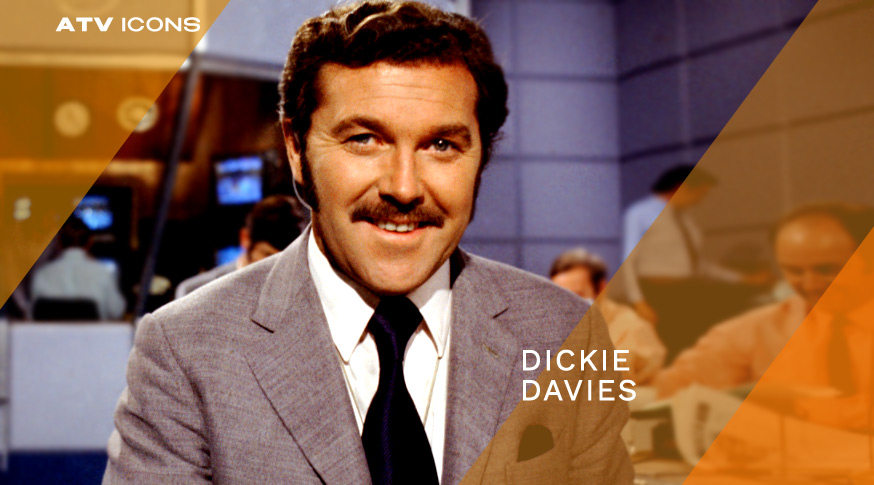
Icons
ATV Icon: Dickie Davies
The next in the series of ATV Icons to celebrate 70 years of ITV is ‘Mr ITV Sport’, Dickie Davies…
Richard John “Dickie” Davies was born on 30 April 1928 in Wallasey, Cheshire.
He was the son of Ellen (née Owen) and Owen Davies. Dickie attended grammar schools in London (William Ellis School) and Wallasey (Oldershaw Grammar). After his education studies he served in the Royal Air Force during his national service and following that he worked on ocean liners: initially as a clerk and assistant purser on the Cunard liner Queen Mary, and later as head purser on the Queen Elizabeth.
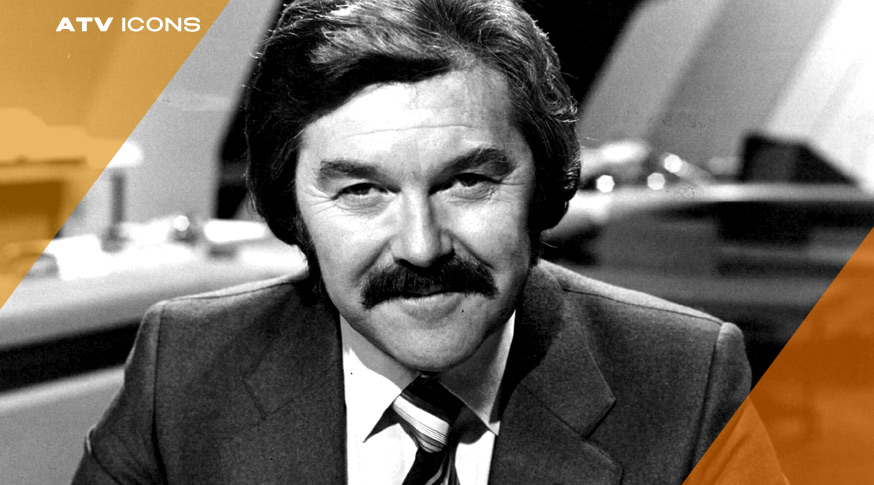
World of Suave, Dickie Davies / LWT
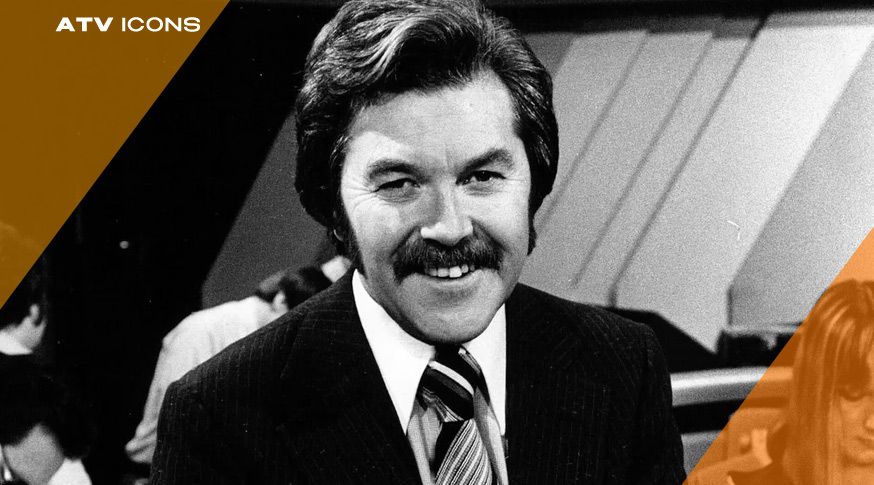
Host with the most, Dickie on the set of World of Sport / LWT
Davies began his television career at ITV station Southern Television in 1961, working as an announcer and newsreader, he also hosted several programmes for the station including local news show Day by Day and presented the regional talent format Home Grown (1962–63).
In 1965 ITV launched a weekend sports show called Wide World of Sport – the forerunner to the more famous World of Sport. Davies served as an understudy to the original host, Eamonn Andrews, when the show began. Three years later, in 1968, Andrews departed, and Davies was promoted to lead presenter on the sports highlights show.
At that time, he also officially adopted the name Dickie – which had been a childhood nickname – as his professional name. The change suggested by his friend, footballer turned pundit and presenter, Jimmy Hill – which “made a phenomenal difference” in his public appeal.
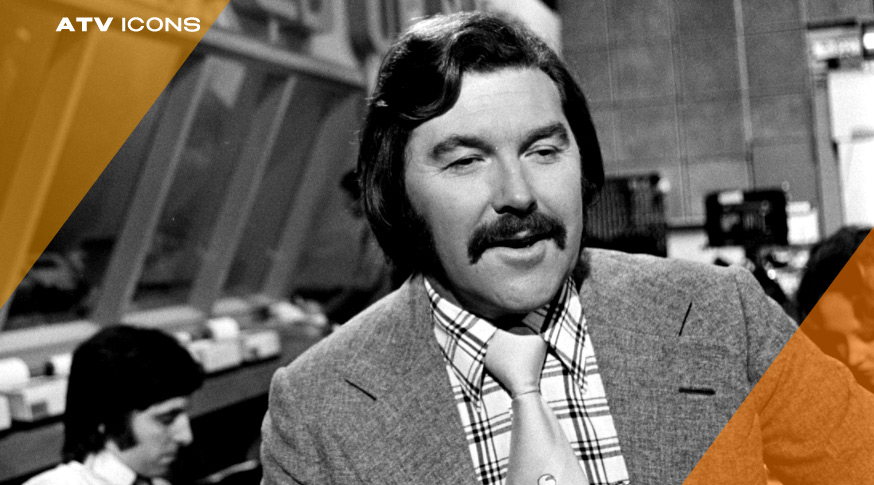
Dickie hosted World of Sport as main anchor from 1968 to 1985 / LWT
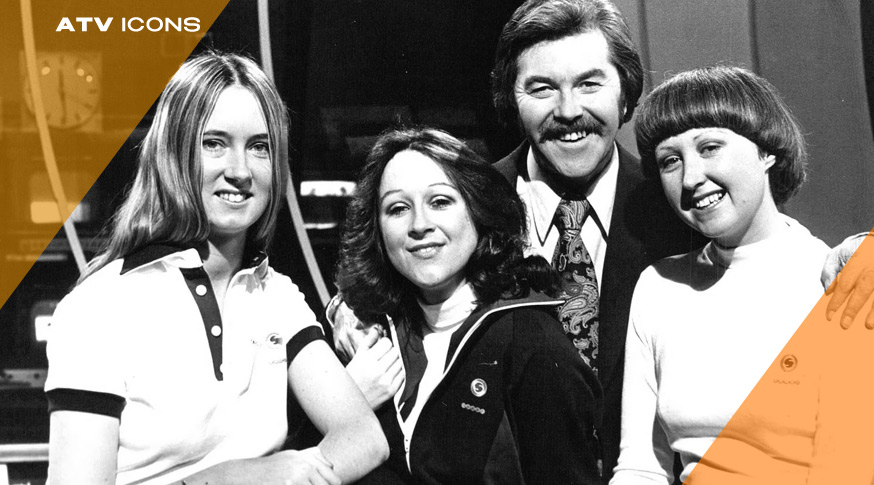
Dickie with the London Weekend Television typists for World of Sport, Linda Breeze, Jill Newstead and Mary Treen / LWT
Under Davies’s stewardship, World of Sport became ITV’s flagship Saturday sports programme. The five-hour show featured a wide mix of events each weekend – from football to live horse racing, and from darts to exotic contests like log-rolling and barrel jumping.
Davies’s “deadpan introductions” of these niche sports helped the program grow into a genuine challenger to the BBC’s Grandstand (which had launched in the 1950s). He himself became especially associated with World of Sport’s professional wrestling coverage. Millions of viewers tuned in to see British wrestling bouts – featuring stars like Big Daddy, Giant Haystacks and others – on his watch; Davies later recalled speaking to The Independent: “I was never a great wrestling fan…I never thought of it as a sport, but we used to get six to 10 million people watching it every Saturday”. By the early 1980s he was one of television’s most recognizable faces and ventures into entertainment by hosting television award shows and appearing as a star turn on shows such as ATV’s Celebrity Squares and LWT’s Punchlines.
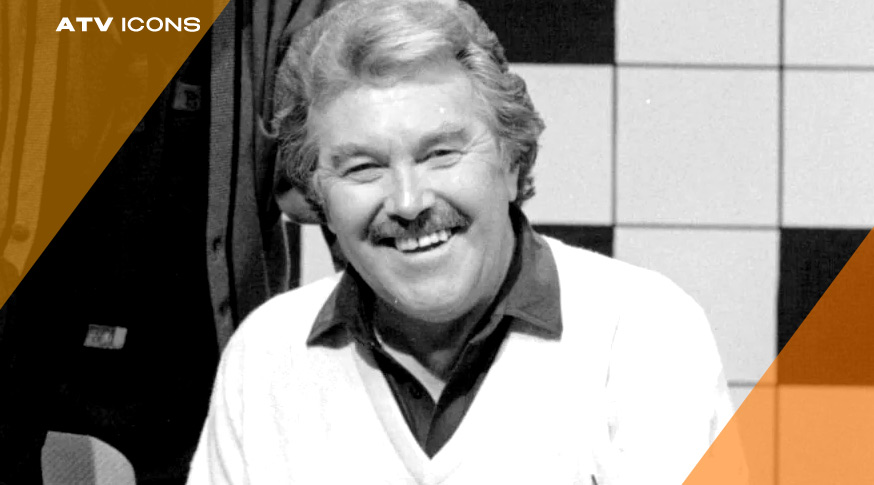
Star guest, on game show Crosswits / Tyne Tees TV
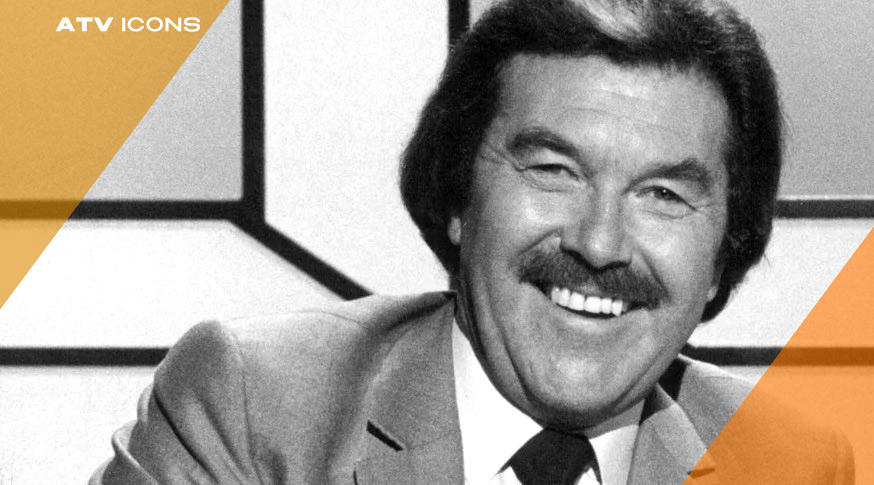
Good for a joke, on comedy panel show Punchlines / LWT
During his tenure as ‘Mr ITV Sport’ he was also noted for his distinctive white-streaked (“badger”) quiff of hair and his sharp wardrobe, which became part of his persona. In fact, during an early posting in New York he had developed a passion for “snazzy suits” at a famous local clothier.
Davies remained anchor of World of Sport from 1968 until the show’s end in 1985 when wrestling’s declining popularity contributed to ITV’s decision to cancel the series and cut-back on sporting highlights coverage.
After World of Sport ended, Davies continued as a senior sports presenter for ITV. In the late 1980s he anchored coverage of a wide range of events for the network including the 1988 Seoul Olympic Games and boxing contests such as the 1987 world title fight between Marvin Hagler and Sugar Ray Leonard. He also fronted FA Cup final broadcasts, darts, snooker and athletics coverage for the channel.
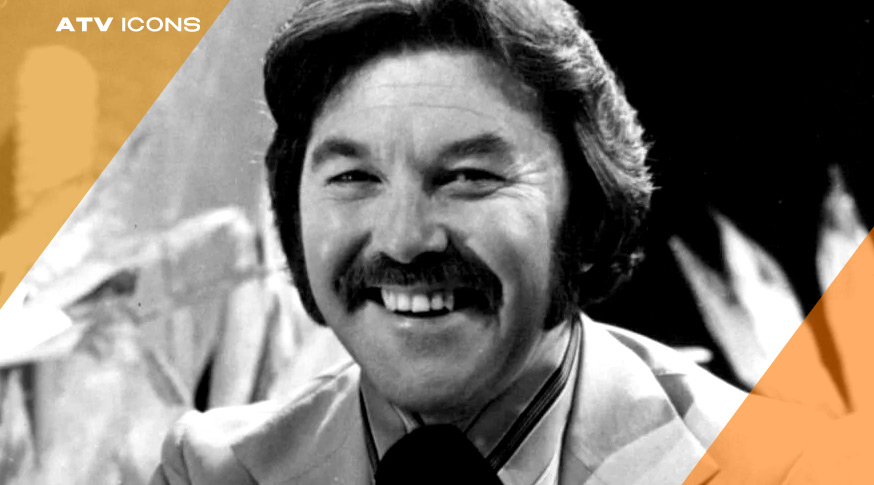
Dickie makes a guest appearance on Look Alive / Granada TV
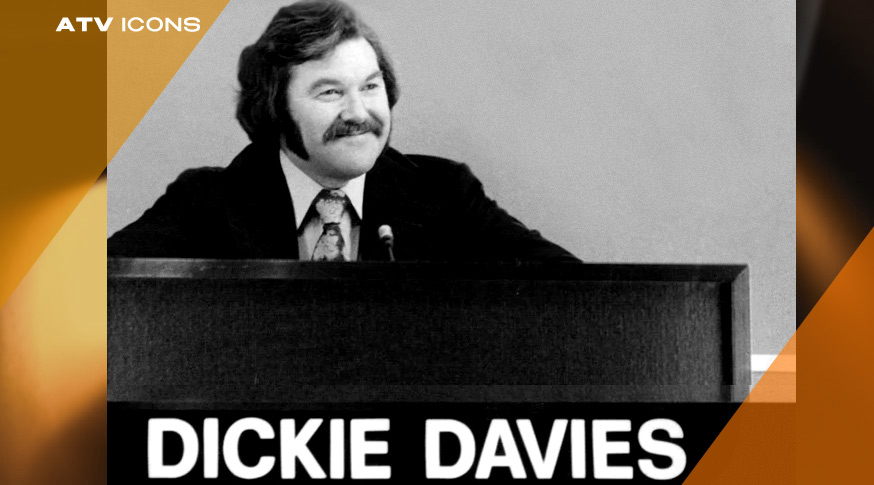
Dickie Davies on star quiz show Celebrity Squares / ATV
In 1989 Davies left ITV Sport and joined the newly created Eurosport channel. There he anchored snooker tournaments and related coverage throughout the early 1990s. In 1992 he became the inaugural sports editor for the radio station Classic FM, where he delivered daily sports bulletins from his home studio (1992–1995). In November 1995 Davies suffered a stroke that affected his speech; with therapy he made a near-full recovery, and by the late 1990s he was again appearing on television.
Davies’s later TV work included retrospective and quiz-style shows. He hosted Bobby Charlton’s Football Scrapbook (1995–99) on Sky, reviewing classic England matches with former players, Dickie Davies’ Sporting Heroes (1998) was a series looking back at famous sports personalities and he launched the quiz show Sportsmasters (1989–90, later Grand Sportsmasters in 1991), featuring celebrities competing in sports trivia and stunts. In 1987 he presented Jigsaw, a Channel 4 game show he devised himself.
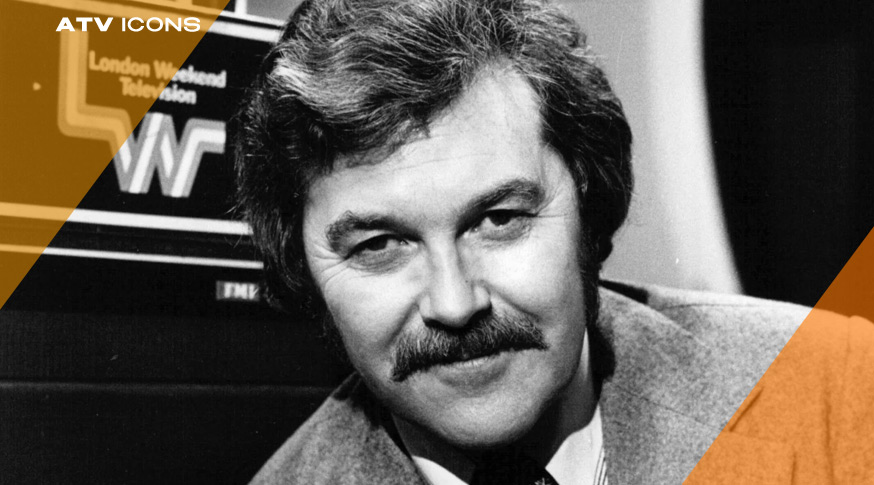
Weekend of sport from LWT
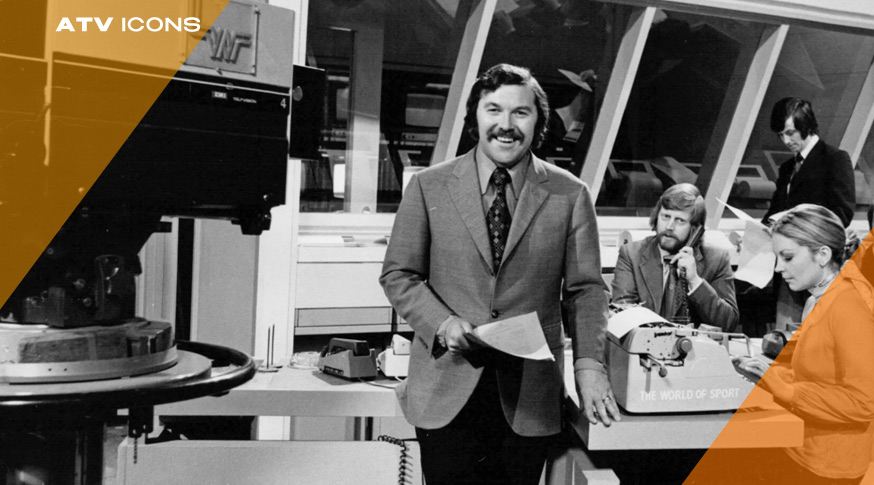
Bringing the latest sports news on World of Sport in 1974 / LWT
In 1962 Davies married Liz Hastings, a television vision mixer whom he had met at Southern Television. The couple had twin sons, Daniel and Peter, and later four grandchildren. Davies was known for his friendly, down-to-earth personality off-camera and a fondness for style and entertainment. He famously collected sharp suits – the “snazzy” outfits mentioned above – and in later interviews he said he enjoyed music and quiz shows. For example, he noted that his favorite records were big-band classics and that he liked watching University Challenge and Mastermind. In private life he preferred relaxed hobbies: he once mentioned that he liked young broad beans from his wife’s garden and champagne as a drink.
Even after retiring from regular broadcasting, Davies remained a familiar face in sports circles. He made occasional media appearances such as hosting a one-off ITV World of Sport 50th anniversary special in 2005 and in the same year co-edited The Grapple Manual, a book on wrestling’s “golden age”.
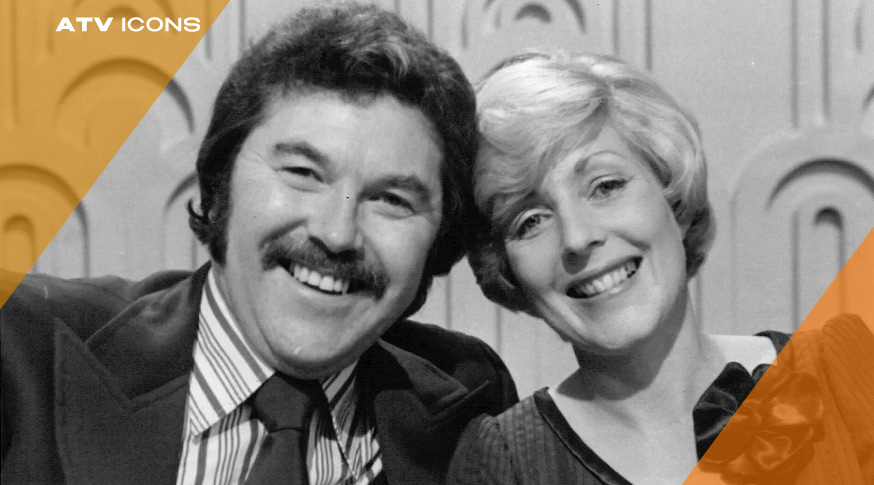
Dickie with his wife Liz on ‘Husband of the Year’ 1976 / Yorkshire TV
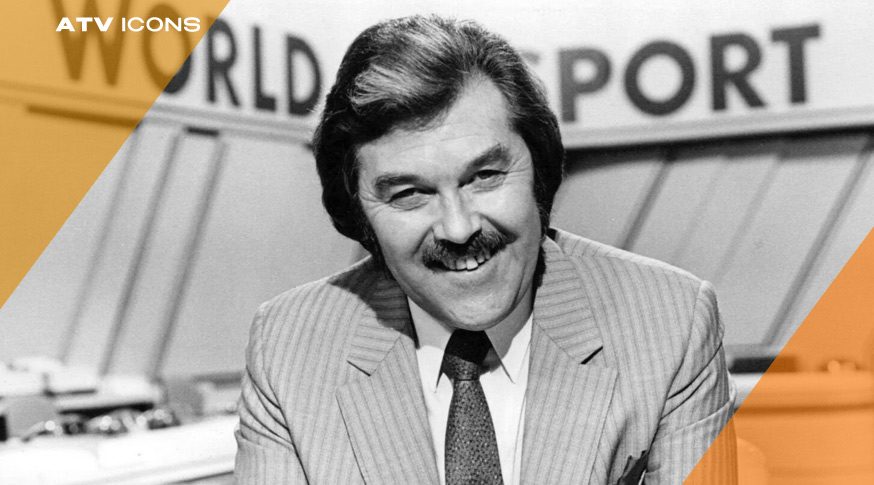
Dickie Davies ‘Mr ITV Sport’ / LWT
Having recovered from his 1995, he spent his later years largely out of the public eye making one last television appearance in a documentary marking the closure of the former London Weekend ITV Studios on the Southbank in London in 2018 where he was reunited with some of the World of Sport typists who were seen in the background of the studio during his links.
Davies passed away on 19 February 2023 at the age of 94. He is remembered as an iconic sports broadcaster who brought a wide range of sports – from football and boxing to wrestling and speedway – into living rooms across Britain.
